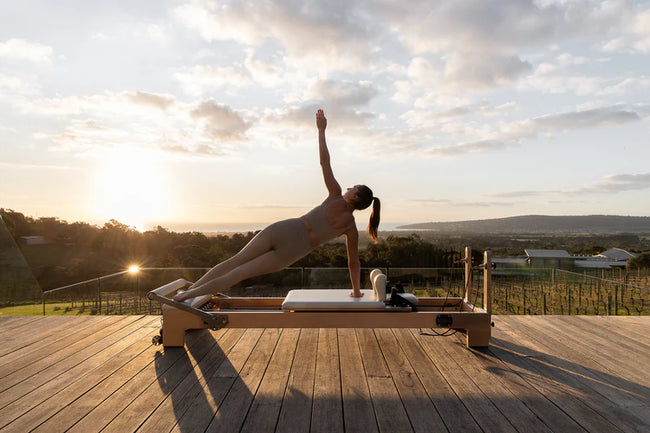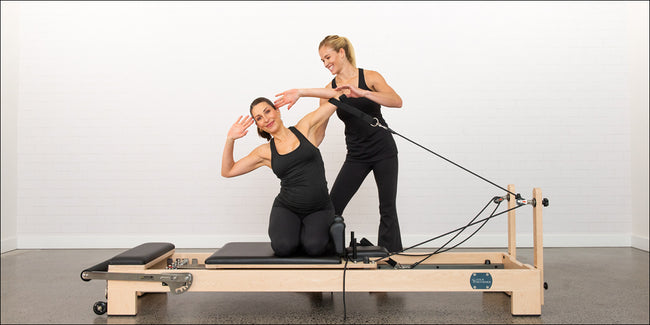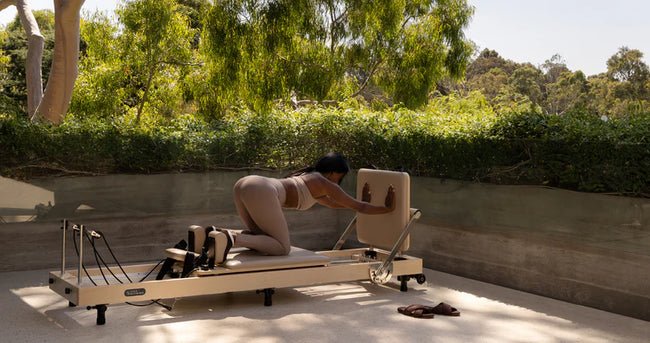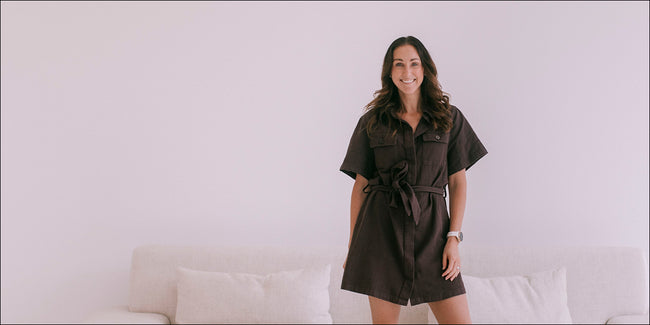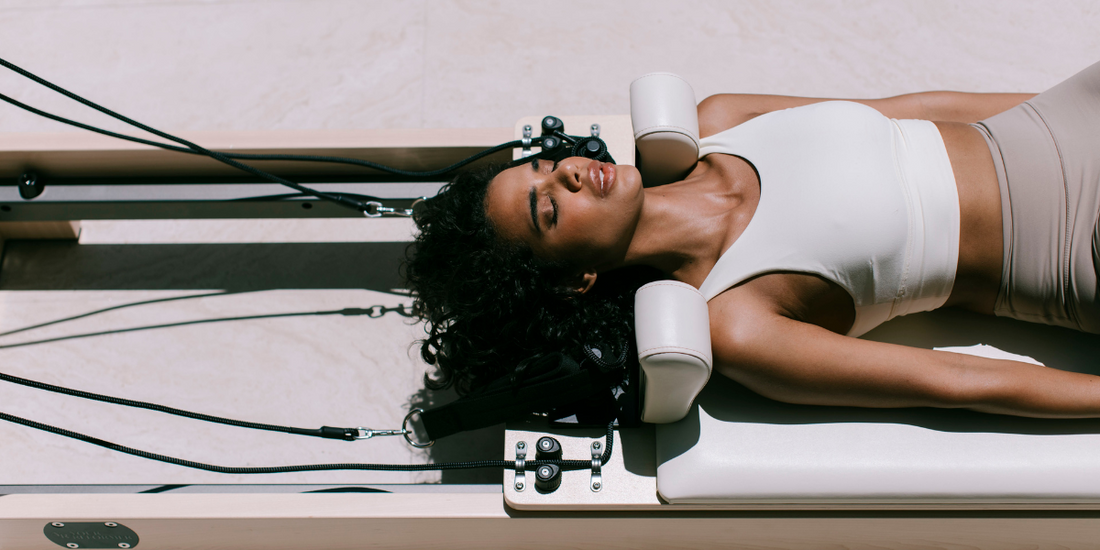In today’s fast-paced world, it’s common to feel anxious or stressed, especially with all that life demands or stressful circumstances happening around us. The effects of anxiety can be overwhelming, but there are ways to help take a step back and re-center. Pilates is an incredibly effective and gentle method to address anxiousness thanks to its low-impact nature that emphasises the mind-body connection. Beyond its reputation for toning and strengthening, Pilates offers a profound way to calm the mind and support mental well-being.
One of the key benefits of Pilates for anxiety is its focus on mindfulness. Pilates involves controlled, precise movements that require complete focus, leaving little room for worrying about the future, obsessing over the present, or reliving the past. This mindfulness helps break the cycle of anxious thoughts and creates a space to breathe and unwind. As Joseph Pilates himself said, “Pilates develops the body uniformly, corrects wrong postures, restores physical vitality, invigorates the mind, and elevates the spirit.”
In Pilates, you are encouraged to breathe deeply and rhythmically, which promotes relaxation and activates the body’s parasympathetic nervous system – often called the "rest and digest" system. This deep breathing reduces cortisol (a stress hormone) and lowers your heart rate, both of which are often elevated in anxious states. The calmness gained from this focused breathing can make a world of difference to mental health. Regular practice helps reinforce this skill, and when you’re out in the world facing stressful moments, you can rely on those Pilates breaths to restore a sense of calm and control amidst the chaos.
Not only that, Pilates helps us gain a greater understanding of our body’s cues. Through regular Pilates practice, an enhanced awareness of how your body moves and feels makes it easier to recognise physical signs of tension or stress, such as muscle rigidity and shoulder tension. Being able to identify these warning signs when they first arise allows us to slow down and recenter ourselves before anxious feelings become overwhelming.
If you’re considering Pilates to help manage anxiety, it’s important to make it part of your routine. Consistency is key to experiencing the cumulative benefits, and the best part is that even short sessions can make a noticeable difference. Over time, you may find that it brings more than just physical strength – it brings a sense of calm, resilience, and balance that will carry you through life’s ups and downs.

